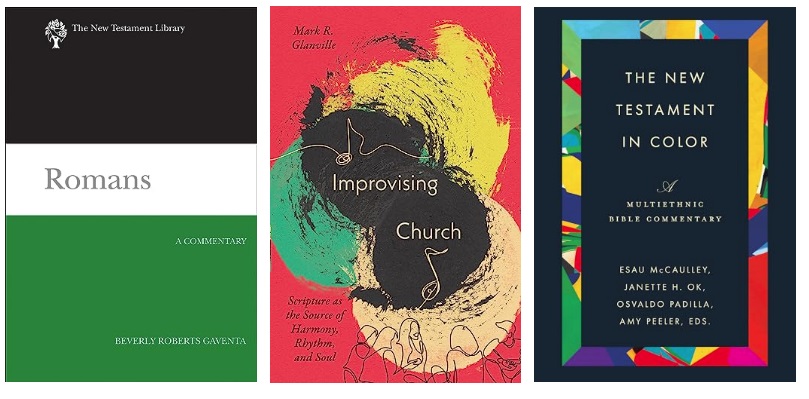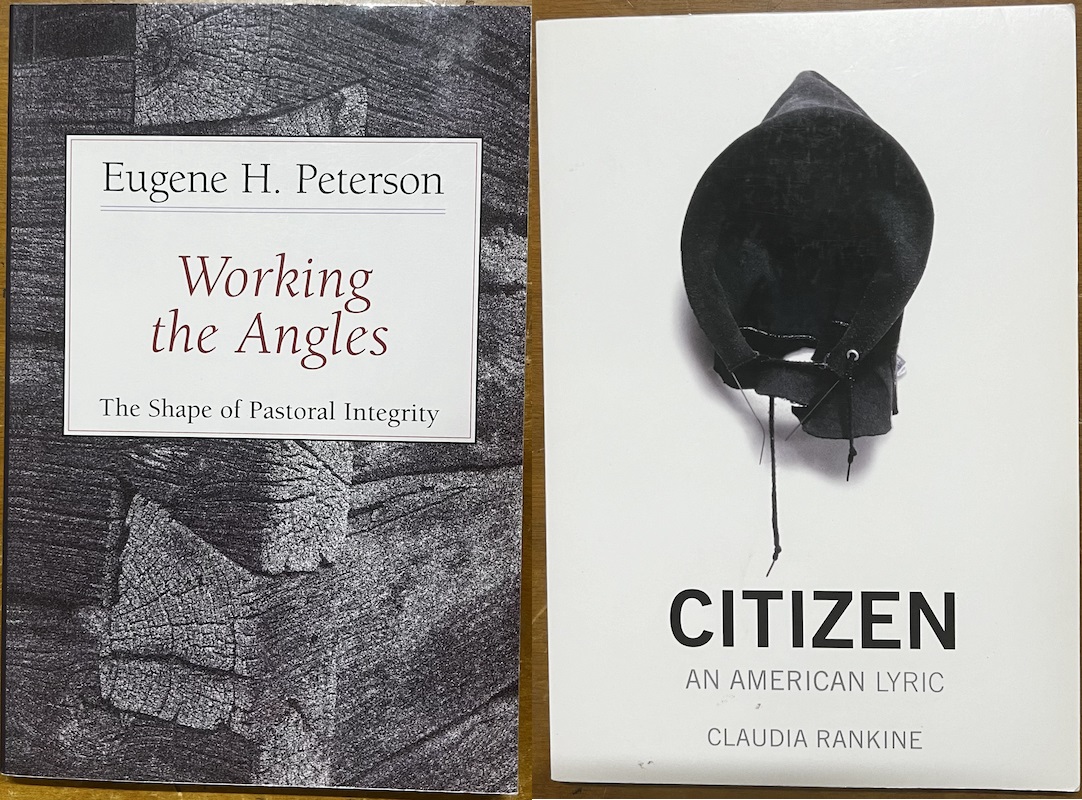Here are some excellent new theology books * that will be released in October 2020 :
* broadly interpreted, including ethics, church history, biblical studies, and other areas that intersect with theology
See a book here that you’d like to review for us?
Contact us, and we’ll talk about the possibility of a review.
 |
T&T Clark Handbook of EcclesiologyKimlyn Bender /
|
*** Which of these October 2020 new theology books do you want to read first?
<<<<< PREV. PAGE |
|
C. Christopher Smith is the founding editor of The Englewood Review of Books. He is also author of a number of books, including most recently How the Body of Christ Talks: Recovering the Practice of Conversation in the Church (Brazos Press, 2019). Connect with him online at: C-Christopher-Smith.com
 Reading for the Common Good From ERB Editor Christopher Smith "This book will inspire, motivate and challenge anyone who cares a whit about the written word, the world of ideas, the shape of our communities and the life of the church." -Karen Swallow Prior Enter your email below to sign up for our weekly newsletter & download your FREE copy of this ebook! |
 Understanding Christian Nationalism [A Reading Guide]
Understanding Christian Nationalism [A Reading Guide] |
 Most Anticipated Books of the Fall for Christian Readers! Most Anticipated Books of the Fall for Christian Readers!
|
 Hilarious One-Star Customer Reviews of Bibles Hilarious One-Star Customer Reviews of Bibles |


























